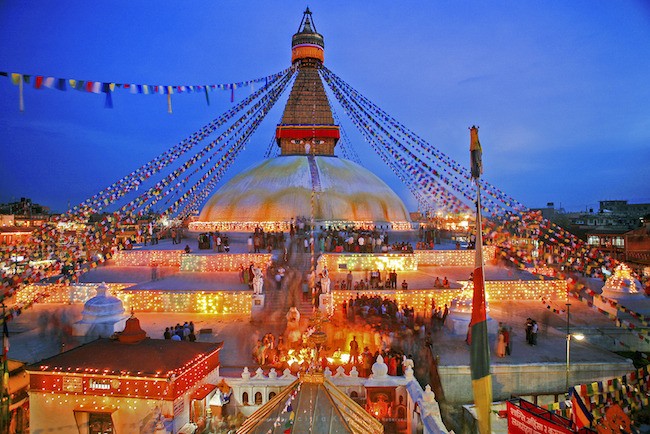Buddha Purnima: Honouring the Life, Teachings, and Legacy of the Buddha Across the World

Kathmandu — Buddha Purnima, the most sacred day in the Buddhist calendar, commemorates the birth, enlightenment, and passing of Siddhartha Gautama—the Buddha. Celebrated by millions across countries such as India, Nepal, Myanmar, Sri Lanka, Thailand, and South Korea, the day unites diverse cultures in reflection on peace, wisdom, and compassion.
Buddhism originated in South Asia, with the Buddha born in Lumbini, near Kapilvastu in present-day Nepal, and attaining enlightenment in Bodh Gaya, India. He lived and taught during the 6th or 5th century BCE in regions like the Kingdom of Magadha. His teachings—rooted in the Four Noble Truths and the Eightfold Path—emphasised the end of suffering (dukkha) through right understanding, ethical conduct, and mental discipline.
From its origins, Buddhism spread across Asia via trade routes like the Silk Road and sea routes, establishing Theravada Buddhism in Southeast Asia and Mahayana Buddhism further east. Though Buddhism declined in South Asia after the 7th century CE, modern revival movements such as the Maha Bodhi Society and the Dalit Buddhist movement have helped reestablish its presence.
The Buddha’s core philosophy of non-violence (ahimsa), compassion (karuna), mindfulness, and detachment from material desires remains deeply relevant today. In an era marked by global unrest, mental health crises, and material excess, his message of inner peace and ethical living continues to inspire millions.
With over 500 million Buddhists worldwide, Buddha Purnima serves not only as a sacred observance but also as a timely reminder of the enduring power of mindfulness, tolerance, and the pursuit of wisdom in navigating life’s challenges.
















Facebook Comments